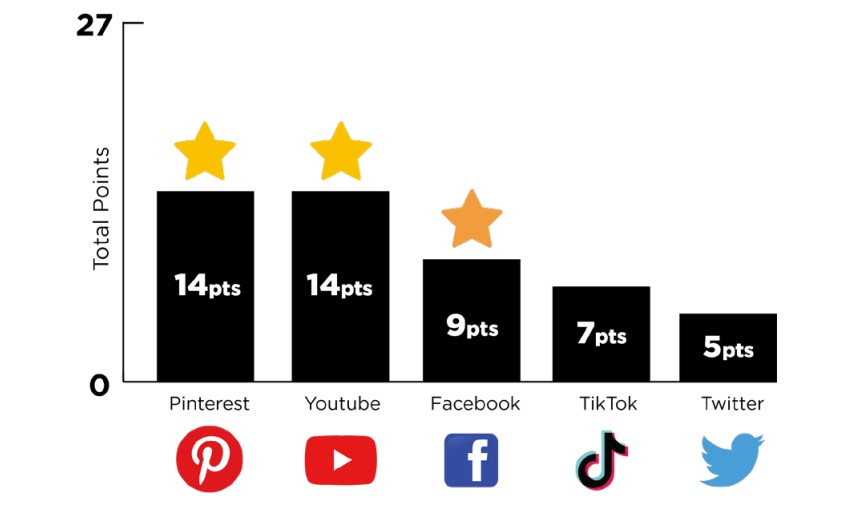Advocating for transparency and strong policies against misinformation and disinformation on social media sure is a rollercoaster ride these days. The ups: on April 6th, Pinterest announced a new policy to keep “false and misleading claims around climate change off the platform.” On Earth Day last week, Twitter banned “misleading” climate change ads, reversing its previous practice which blocked UCS and other organizations from advertising about the risks of climate change, but put the fossil fuel industry under no such restriction.
That rapidly falling sensation came on April 25, when Elon Musk bought Twitter for $44 billion. It’s hard to say Musk’s ownership will mean for Twitter’s policies about lying about climate change and other vital social issues, but some early commenters are skeptical. Prepare for some twists and turns ahead.
The harm done by disinformation
Those of us who use social media have almost certainly come up against misinformation (when false information is shared out of ignorance, or by error) and/or disinformation (when false information is shared on purpose). Sometimes we sigh and scroll right by it, sometimes we engage the people who post it. If it’s bad enough, we might report it to the company.
Whichever way we react, it’s hard for any one user to grasp the sheer scale of the damage done by people and corporations lying on these platforms, whether through discouraging people from taking evidence-based action on COVID, undermining our electoral system, or delaying and thwarting action on the climate crisis. Social media has been a largely unregulated space, with companies arguing for their ability to enact and enforce voluntary standards, such as those announced recently by Pinterest and Twitter. But the serious damage already done, and the future well-being of people and the planet, require that governments get into the act.
Working together for change
It’s important to know that that Twitter, Pinterest, and other social media platforms aren’t changing their policies out of the goodness of their hearts. For a couple of years now, UCS has belonged to a dedicated global coalition campaigning for social media policies to prevent algorithms from promoting denial of climate change science and to promote transparency and accountability. Members of this coalition recently released a scorecard ranking the various platforms on questions of how they define disinformation, how they explain and make public their policies surrounding it, and how they enforce their policies with regard users who purvey it. Twitter, Facebook, and TikTok received the lowest rankings.

The coalition has had most success in Europe, where on Earth Day, the European Union arrived at an agreement on the Digital Services Act. The DSA requires large tech companies to “assess and manage systemic risks posed by their services, such as advocacy of hatred and the spread of disinformation.” This is a victory not only for social media users in Europe, but potentially for users everywhere, if this legislation serves as a model for other regions and countries.
Potential for US legislation
Changes in European law are undeniably helpful, but most of these big tech companies are based in the US and it’s the responsibility of the US government to regulate them. Here in the US, Representative Lori Trahan, along with Representatives Schiff and Casten, has introduced the Digital Services Oversight and Safety Act. Here are some key provisions:
- The law would mandate that companies create and publicize transparency, risk assessment, and risk mitigation reports.
- It would create an Office of Independent Research Facilitation tasked with standing up and overseeing a system through which certified researchers can study the impacts of covered platforms.
- The platforms must have a functioning, well-resourced internal complaint, and appeal process for individuals who feel their content or accounts has been wrongfully taken down.
- Whistleblower protections will apply to any employee at a hosting service who provides evidence that platforms have broken the law under the rules and regulations of the act.
What you can do
You can help by calling your congressional representative and asking them to co-sponsor the Digital Services Oversight and Safety Act. You can also use UCS’s new resources and toolkit to learn how to effectively combat disinformation when you see it online.

